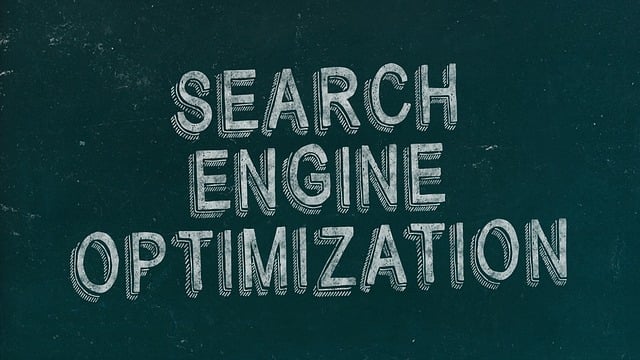AI-powered plant health monitoring, leveraging machine learning and data from sensors, satellites, and drones, is transforming agriculture by predicting and preventing health issues, optimizing resource management, and boosting yields. Integrating AI safety training and predictive analytics allows farmers to take targeted actions like pest control and tailored fertilizer use based on insights from historical and real-time data analysis. Prioritizing safety and ethical practices in this field includes comprehensive tracking of algorithm performance, rigorous testing, user consent for data privacy, and creating bias-free models for fair evaluation across diverse locations and species.
“Revolutionize landscaping with AI-powered plant health analytics for a thriving green future. This article explores the transformative potential of artificial intelligence in agriculture, focusing on predictive monitoring systems that optimize crop care. We delve into how advanced algorithms enhance efficiency, enabling farmers to make data-driven decisions. Additionally, we discuss ethical considerations and safety protocols in AI landscaping applications, ensuring responsible innovation. By combining cutting-edge technology with sustainable practices, these tracking systems promise a new era of precision agriculture.”
- Understanding AI-Powered Plant Health Monitoring Systems
- The Role of Predictive Analytics in Optimizing Agricultural Practices
- Ensuring Safety and Ethical Considerations in AI Landscaping Applications
Understanding AI-Powered Plant Health Monitoring Systems

AI-powered plant health monitoring systems are transforming agricultural practices, offering precision and efficiency like never before. These innovative tools leverage advanced machine learning algorithms to analyze vast datasets from various sensors, satellites, and drones. By continuously tracking vital signs such as soil moisture, temperature, light exposure, and nutrient levels, these AI systems can predict potential health issues in plants early on.
This predictive capability is a game-changer for farmers, enabling them to take proactive measures to prevent diseases, optimize resource use, and ultimately boost crop yields. Moreover, AI safety training plays a crucial role here, ensuring that users understand the nuances of these tracking systems, interpret data accurately, and make informed decisions based on reliable insights.
The Role of Predictive Analytics in Optimizing Agricultural Practices

Predictive analytics is transforming agricultural practices, empowering farmers and agronomists with valuable insights to make informed decisions. By leveraging AI safety training and advanced tracking systems, farmers can gain a deeper understanding of their crops’ health and environmental factors influencing growth. This data-driven approach allows for precise interventions, such as targeted pest control measures, optimized watering schedules, and tailored fertilizer applications.
Through the analysis of historical and real-time data, predictive models can identify patterns and trends that may not be immediately apparent to the naked eye. This includes detecting early signs of stress or disease in plants, enabling proactive responses. By integrating these analytics into daily operations, agricultural businesses can enhance productivity, reduce costs, and contribute to more sustainable farming practices.
Ensuring Safety and Ethical Considerations in AI Landscaping Applications

In the realm of AI landscaping and predictive plant health analytics, ensuring safety and ethical considerations is paramount. As AI safety training becomes increasingly vital, developers must incorporate robust tracking systems to monitor the performance and outcomes of their algorithms. This involves rigorous testing to prevent any potential harm caused by inaccurate predictions or unintended consequences on plant health.
Ethical implications include data privacy and transparency. Users should be aware of how their data is collected, processed, and utilized to ensure informed consent. Additionally, fairness and bias in AI models must be addressed to guarantee that all plants and landscapes are evaluated impartially, regardless of geographical location or species type.
AI landscaping predictive plant health analytics revolutionize agricultural practices by providing precise insights through AI-powered monitoring systems. By leveraging predictive analytics, farmers can optimize resource allocation and enhance crop yield. Ensuring ethical considerations and proper AI safety training is paramount to navigate the complexities of these innovative tracking systems effectively and responsibly. Embracing these advancements can transform modern agriculture while maintaining environmental stewardship and public trust.
